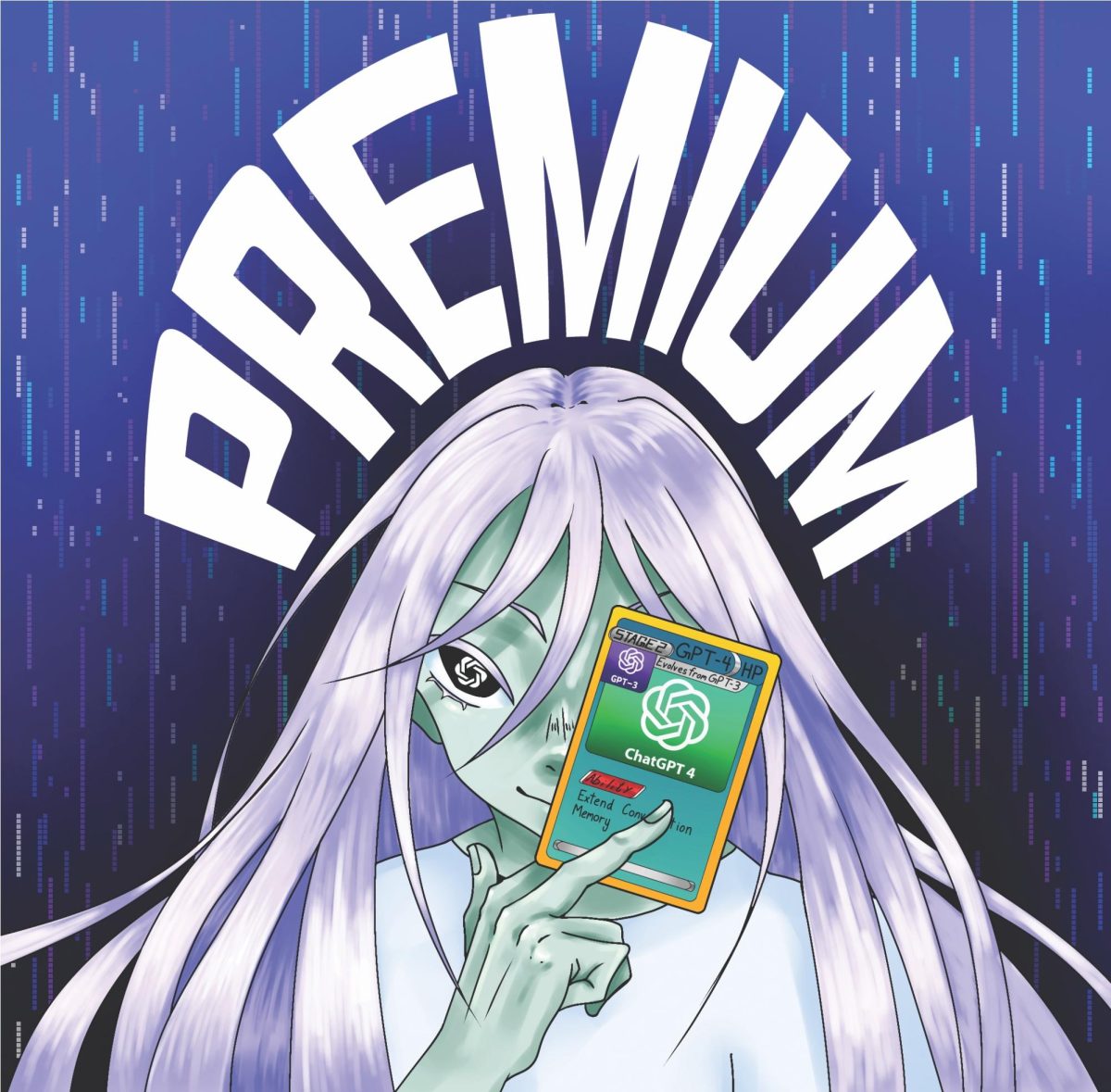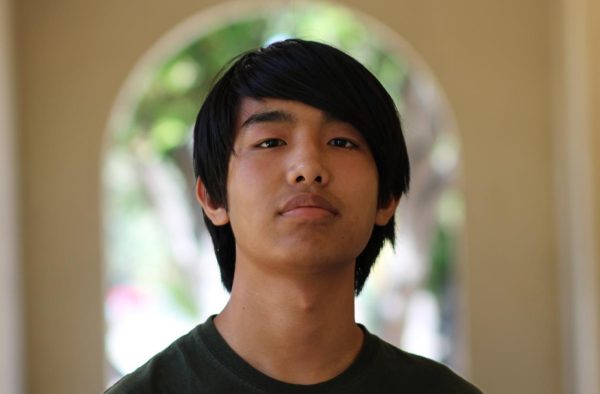One evening, while reviewing a prose analysis prompt for an AP Literature class, senior Michael Tran opened up ChatGPT to check for errors. Within minutes, the AI tool fixed grammatical errors and minor faults in spelling and style, perfecting his essay before submission.
This experience is just one of many shared uses of ChatGPT, introduced in November of 2022. Since its launch a year ago, the tool has become easier than ever to implement into academic routines.
According to Tran, ChatGPT has also played a big role in helping him with other areas in school.
“ChatGPT has also been instrumental in providing explanations for literary concepts I encounter, like a virtual study group at my fingertips,” Tran said.“ChatGPT has made learning more interactive and comprehensive,” Tran said. “I have yet to experience the full capabilities of the AI, but I can only imagine the new changes and features.”
Sophomore Jade Rothbaum, though, said there are risks associated with using AI in school, one of which includes an overreliance on technology.
“I’ve really only used ChatGPT for a brief explanation on a topic, like why iron loses three valence electrons, but not much beyond that for schoolwork,” Rothbaum said. “There’s a danger that students, especially under stress, might turn to AI too readily. It can start as a quick help, but gradually become a crutch.”
ChatGPT will launch GPT-4 on March 23 of this year, which offers more nuanced interactions. and GPT-Plus, a subscription service priced at $20 per month for faster responses and priority access.
The new paid subscriptions differentiate experiences between free and premium users, with the latter enjoying benefits like lower latency and enhanced capabilities. Additional updates include plug-ins and imagine integration using AI model DALL-E, exclusive to GPT-Plus users.
AP Computer Science teacher Roxanne Lanzotsaid she is concerned about the lack of transparency between students concerning the use of AI.
“There’s a culture of secrecy around using ChatGPT, so kids aren’t really forthcoming about how they’re using it to help them in their learning,” Lanzot said. “Students today seem to be drowning in work, with limited opportunities for authentic help, increasing their reliance on tools like ChatGPT.”
Tran said he does not see the appeal of ChatGPT’s premium features for students and cautioned against the potential overreliance on AI assistance.
“While the premium features of ChatGPT, like faster responses and extended memory, sound appealing, I’m not convinced they’re essential, or worth the cost for academic needs,” Tran said. “Not only that, GPT-Plus offers these advanced functionalities, but these pay-to-win strategies for advanced assistance could only further an over-dependence on them.”
Rothbaum said these advancements have raised her concerns about the increasing role of AI in educational settings.
The convenience of AI tools like ChatGPT could lead to a situation where students lose the ability to work through problems independently,” Rothbaum said. “If we’re not careful, there’s a risk of students becoming too reliant on AI, to the point where they might struggle without it.”
Lanzot said although students can find shortcuts for homework through various ways, ChatGPT tends to be the most appealing due to its efficiency.
“Students are juggling an incredible amount of pressure from academics, extracurriculars, and personal commitments, pushing them towards quick solutions like ChatGPT,” Lanzot said. “There are definite benefits of ChatGPT, like generating practice problems for students who want extra practice, and generative AI is not the only shortcut available. It is just really easy and convenient to use and exploit.”
Rothbaum said there are negative consequences when students rely too heavily on AI assistance in school.
“Overuse of AI for homework or understanding new concepts can create a gap in students’ actual skills and causes an over-reliance on technology,” Rothbaum said. “It’s concerning that some might reach a point where they use AI not because they choose to, but because they feel they can’t cope without it.”
As the use of AI becomes increasingly prominent and universal access to high-quality, instant service grows, GPT-Plus has been able to provide users with compelling human-like work — making cheating easier than ever.
Lanzot said she is worried that students might misuse growing AI and fail to receive the education and learning experience that will be critical to their success in the future.
“My concern with generative AI is that it allows students to complete assignments without actually engaging in the thinking or problem-solving process,” Lanzot said. “If using generative AI becomes a habitual way to complete work, I worry about the students’ intellectual growth and problem-solving abilities.”




